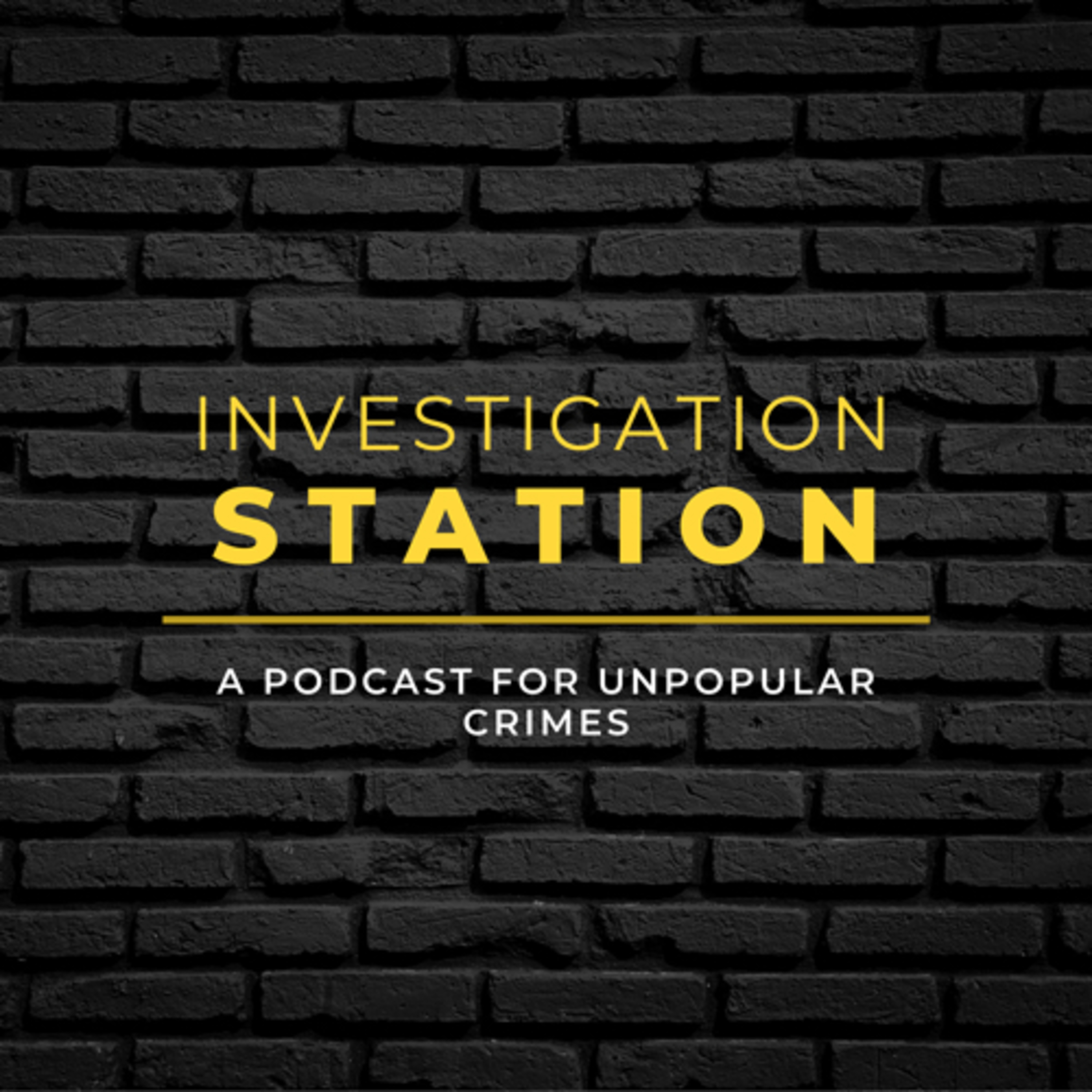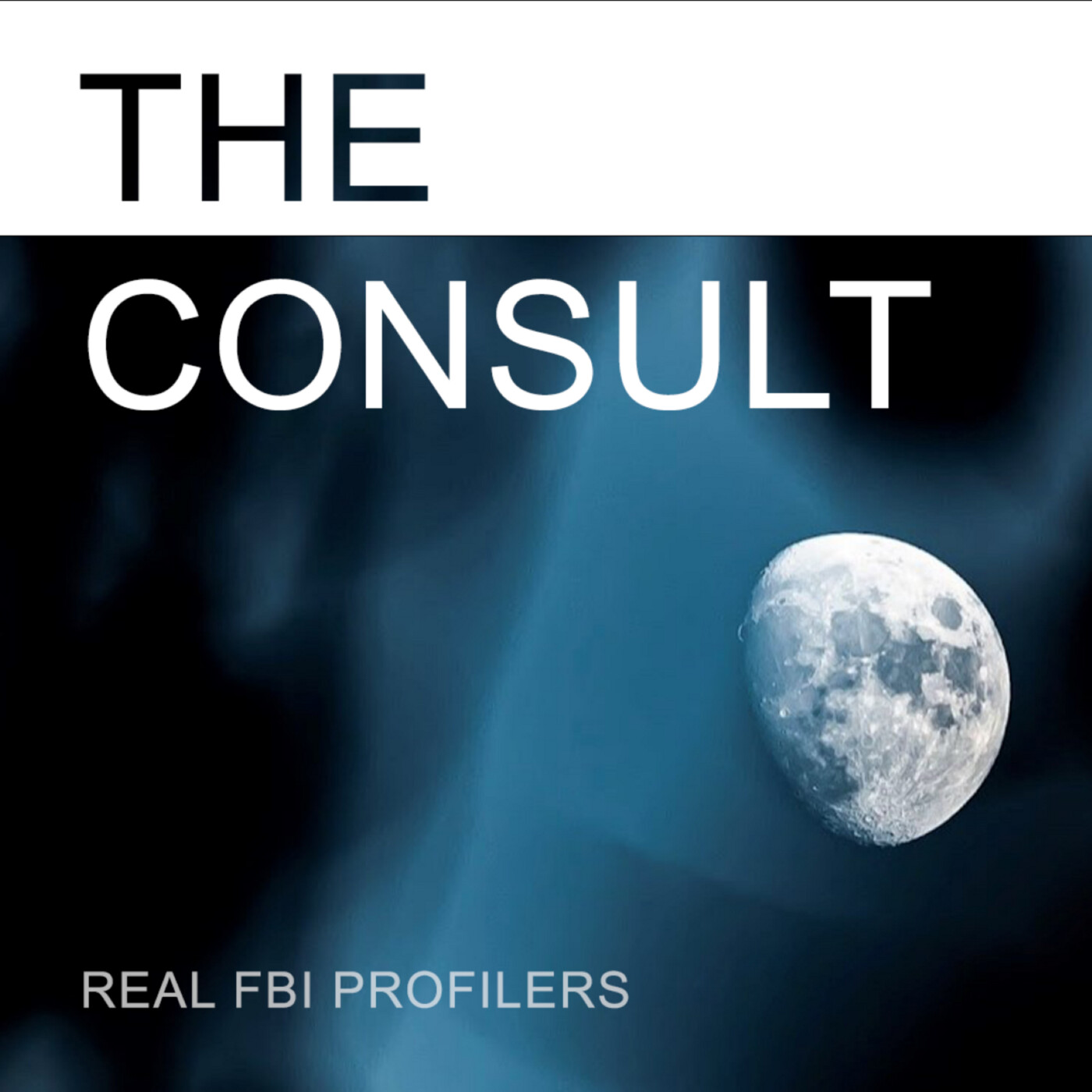 |
The Guilty FilesTrue Crime Odyssey is a show that deals with some of the worst crimes ever committed against men, women, and children. We take a hard look at the evidence, the circumstances, and at times the motivation that drives those responsible to inflict such... Author: Paranormal World Productions
Welcome to The Guilty Files Podcast, where two former police officers take you beyond the headlines and deep into the heart of true crime.Each week, Brian delivers the hard factslaying out the case details with precision, just like he would in an investigation. Then, Dani takes those same files and flips the perspective, analyzing the psychological and sociological aspects of the crime. But he doesnt stop therehe reimagines key moments, asking What if? to challenge the way you think about justice, motive, and the human mind.Finally, in a third episode, Brian and Dani come together to break it all down, debating theories, dissecting motives, and revealing insights only former cops can bring to the table. If you love true crime but crave deeper analysis, unexpected twists, and expert perspectives, you're in the right place. Two Hosts. One Crime. Double The Story. Language: en Genres: Documentary, Society & Culture, True Crime Contact email: Get it Feed URL: Get it iTunes ID: Get it |
Listen Now...
TGF 081 Susan Smith: The Redacted Report
Friday, 23 January, 2026
Earlier this week, you heard the facts about Susan Smith. You heard about the burgundy Mazda rolling into John D. Long Lake. You heard about Michael and Alex. But this episode goes deeper into the details that didn't make the nightly news.We start with Susan's father Harry, who shot himself in the driveway when Susan was six years old, just hours after telling her he loved her. We examine the arrival of stepfather Beverly Russell, a pillar of the community, a Christian Coalition leader, and a predator who began sexually abusing Susan when she was fifteen and continued until just weeks before the murders.We reveal that Susan's mother Linda knew about the abuse and chose to stay with Beverly anyway.We uncover Susan's suicide attempt at eighteen, when she reported the abuse to hospital staff and was sent back into the same home with almost no follow-up care. We trace her troubled marriage to David Smith, the affairs on both sides, and the pressure cooker of her relationship with Tom Findlay, the wealthy man's son who told her explicitly that her children were the obstacle to their future together.We break down the night of October twenty fifth, including the desperate phone calls Susan made searching for Tom, and the fact that she had visited that same boat ramp the night before. We examine the six minutes the car floated while Susan stood on the shore. We expose the lie about the traffic light at Monarch Mills, a sensor-activated light that couldn't have been red without another car present to trigger it.We explore the nine days of deception, Susan's bizarre behavior at parties, her continued calls to Tom Findlay, and the question she asked a reporter that revealed everything: "Did I come across as believable?"We cover Beverly Russell's extraordinary courtroom testimony admitting to years of abuse, and the jury's controversial decision to spare Susan's life.This is the full story. The uncomfortable truths. The redacted details that help explain, though never excuse, how a mother could do the unthinkable.












